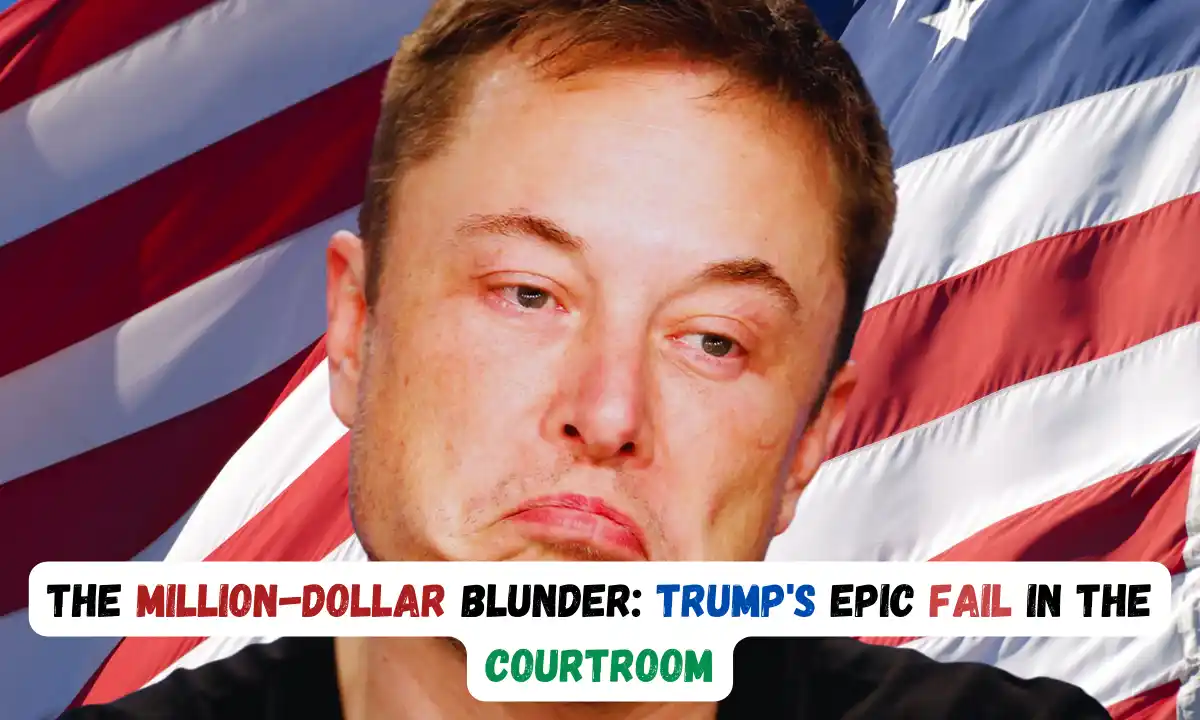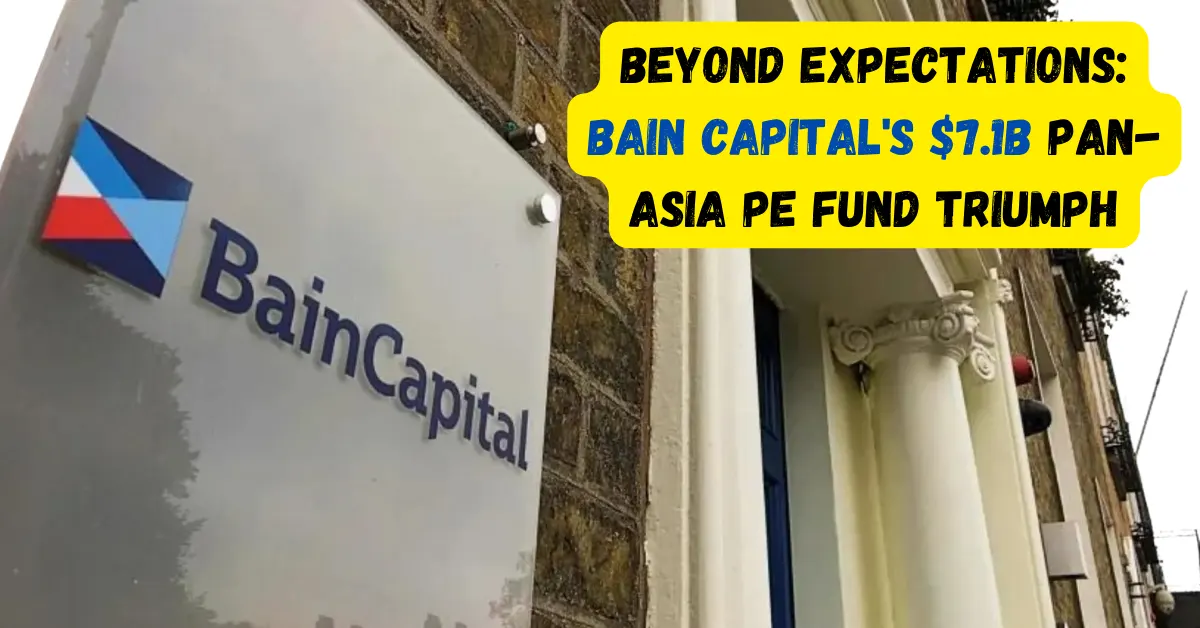
The Future of AI: A Clash of Visions between Elon Musk and Jensen Huang
In the rapidly evolving landscape of artificial intelligence (AI), two influential tech visionaries, Elon Musk and Jensen Huang, offer contrasting perspectives on the impact of AI on the job market and the future of the economy. Musk, the CEO of Tesla and co-founder of OpenAI, presents a dystopian view of a world where AI replaces the need for most jobs, while Jensen Huang, the billionaire CEO of Nvidia, envisions a more optimistic future where AI generates new opportunities and jobs.
Musk’s Dark Vision of AI
Elon Musk, with a net worth of $208 billion, is known for his pioneering work in electric vehicles and space exploration. He is also a vocal advocate for cautious AI development. Musk has repeatedly warned about the potentially disruptive force of AI, stating that there will come a point where “no job is needed.” This stark perspective was shared during a recent appearance at the UK AI Safety Summit.
According to Musk, the rise of AI will lead to a world where individuals can have jobs if they desire but do not need them. The primary challenge will be finding meaning in life when AI surpasses human intelligence. He boldly proclaims AI as the “most disruptive force in history” and predicts that we will eventually have AI systems that are more intelligent than the smartest humans.
Huang’s Optimistic Outlook
Jensen Huang, whose net worth stands at $38.7 billion, has a more upbeat take on the role of AI in the job market and economy. In an interview with the Acquired podcast, he expressed his belief that AI is likely to generate jobs. Huang’s argument centers on the idea that increased productivity, driven by AI, leads to prosperity and expansion for companies.
Huang asserts that the assumption that AI will result in fewer jobs is rooted in the belief that companies will run out of new ideas. However, he contends that as long as there are unexplored areas for growth, prosperity will result in the creation of new job opportunities. He emphasizes the vast potential for innovation in industries such as transportation, retail, entertainment, technology, and drug discovery. Huang firmly believes that human creativity and ingenuity will continue to drive employment.
A Clash of Perspectives
The fundamental difference in these contrasting views may stem from how Musk and Huang perceive the role of employees in their respective organizations. Musk has been known for his strict stance on remote work, going as far as criticizing remote workers for “pretending to work.” In contrast, Huang is more accepting of remote work arrangements and believes in providing flexibility to employees.
Nvidia, under Huang’s leadership, has maintained a remote work policy, while Musk has been advocating for a return to the office, even making it mandatory for some of his companies’ employees. This disparity in approach reflects their contrasting attitudes toward the workforce.
Furthermore, Musk’s management style has garnered attention due to his drastic workforce reductions at companies like Twitter. These actions led to legal challenges and public backlash. In contrast, Nvidia, led by Huang, has largely avoided the large-scale layoffs seen in other tech companies.
Huang’s approach is characterized by a deep sense of responsibility towards his employees, emphasizing the importance of fulfilling their hopes and dreams within the company. This stark contrast highlights the different ways these two leaders prioritize their workforce.
Conclusion
The clash of visions between Elon Musk and Jensen Huang regarding the impact of AI on the job market and the future of the economy reflects the complex and multifaceted nature of the AI revolution. While Musk paints a bleak picture of a future with diminishing job opportunities, Huang envisions a world where AI fosters prosperity and innovation, leading to the creation of new jobs.
The reality is likely to fall somewhere in between, as the impact of AI on employment will depend on a myriad of factors, including the pace of technological advancement, the adaptability of industries, and the ability of individuals to harness AI’s potential. As AI continues to advance, it remains essential to monitor and adapt to these changes, recognizing the opportunities and challenges they bring to the world of work.
In this evolving landscape, the clash of ideas between Musk and Huang serves as a thought-provoking exploration of the potential scenarios that AI might usher in for the future. Time will ultimately reveal which vision aligns more closely with the reality that unfolds.





